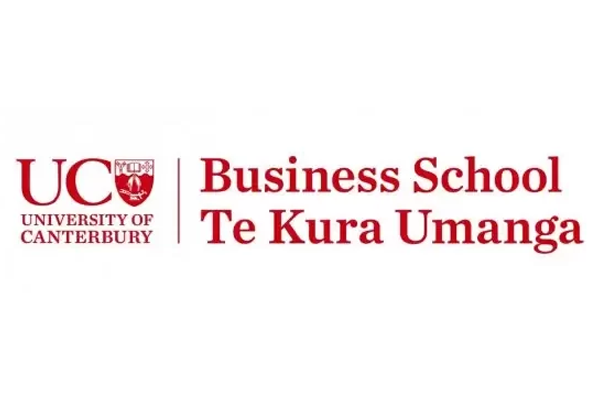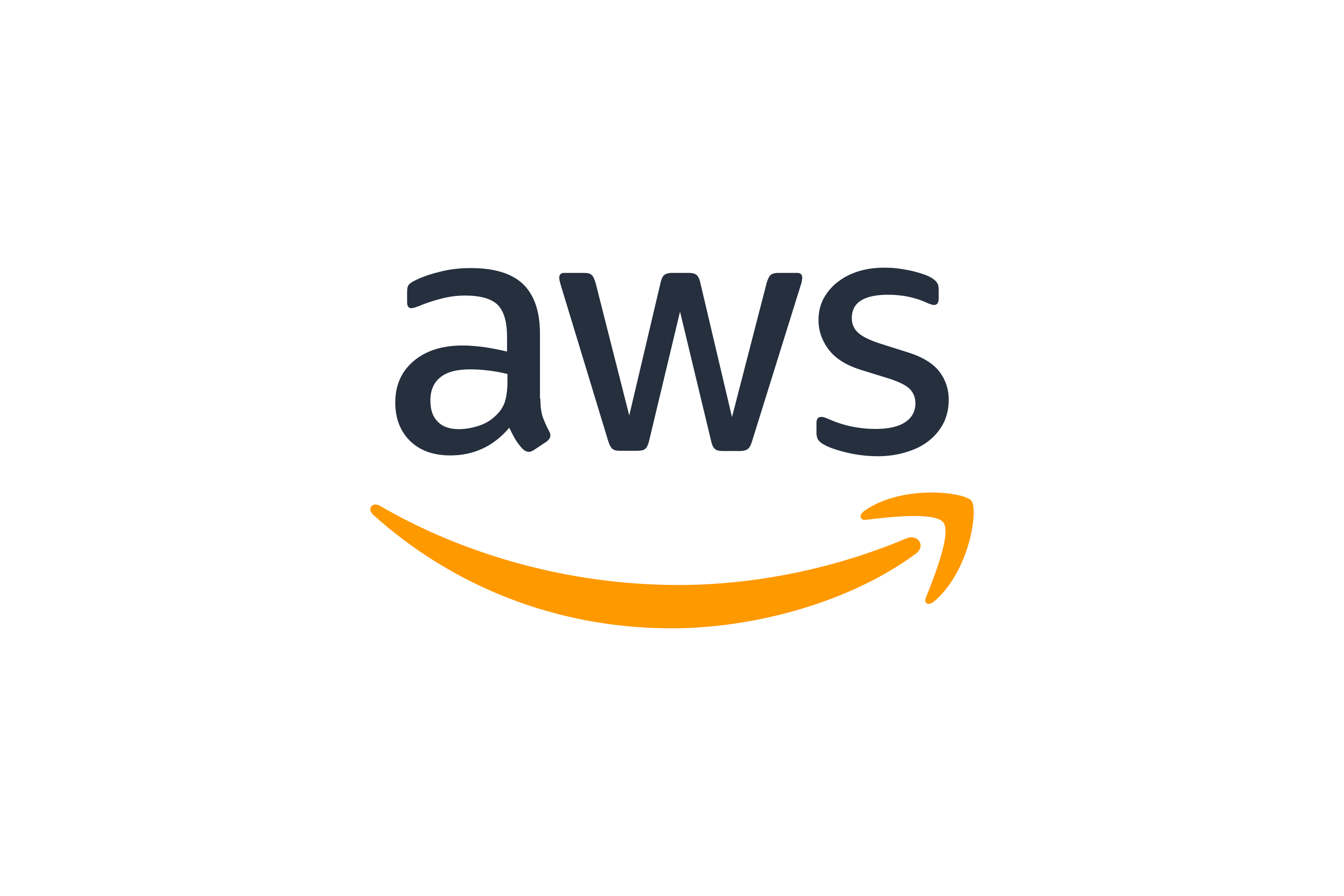Internships, Programmes and Project Placements
There are a wide range of options available to Canterbury employers wishing to take on a student for an internship or project placement. The motivation for doing so might be:
- To bring a specific skill set or alternate point of view into your organisation to spark some new thinking.
- To progress a piece of research or proof-of-concept project.
- To ‘audition’ potential new employees.
- To give back to the technology community and help develop new industry talent.
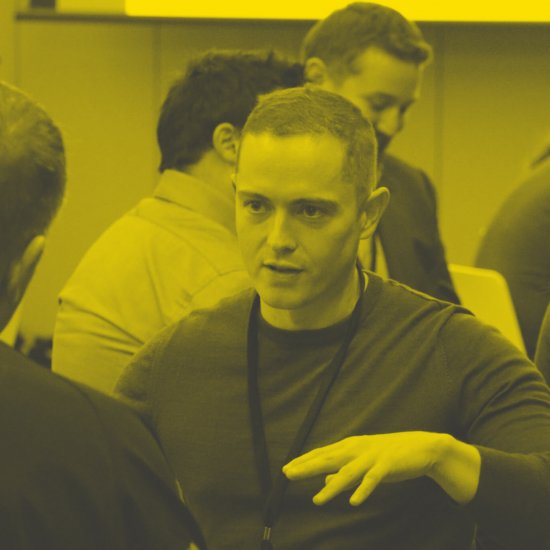
Whatever your motives are, the options can be rather confusing and daunting, and this page is our attempt to summarise what’s available as your starting to point engage with the institutions, students and programmes of interest. They include:
- Sub-degree diploma & certificate students, through various degree courses to post-grad and Phd students.
- Engineering, Computer Science, Network Engineering, Data Science, UX/UI, Product Design, Marketing, Business and various applied IT subjects.
- Students who are going through a programme of study at a local institution and overseas students specifically seeking industry placements in New Zealand (the latter are often post-grads).
All programmes have their own requirements, and you need to understand the place that ‘workplace learning’ occupies in the overall programme of study. For example, there are often specific times of year when industry placements are required and they must be of a specific duration. In other words, it is necessary that the employer:
- Understands the academic requirements for industry placements of the programme in question.
- Has a clearly scoped project for a student to work on.
- Is prepared to commit sufficient employer resources to ensure a good experience for both parties.
Don’t underestimate how much effort it can require to take a student on and deliver successful outcomes!. Above all prepare for taking your student on, and ensure you are clear of your expectations of them – and don’t forget to ask them what their expectations are too! Managed well, student engagements can be extremely rewarding for both parties. Managed badly they can be a waste of everyone’s time. Good Luck!
Other Resources
R&D Student Grants
Callaghan Innovation is New Zealand’s innovation agency helping activate innovation and help businesses grow faster for a better New Zealand.
We partner with ambitious businesses of all sizes, providing a range of innovation and research and development (R&D) services to suit each stage of growth. Our people – including more than 200 of New Zealand’s leading scientists and engineers – empower innovators by connecting people, opportunities and networks, and providing tailored technical solutions, skills and capability development programmes, and grants co-funding.
Canterbury Intern Programmes
| Provider | Programme Name | Internship dates | About | Programme Contact |
|---|---|---|---|---|
Lincoln University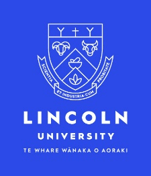
|
Master of Applied Computing programme |
February – June |
Students undertake an applied computing project using industry standards approaches with an external client demonstrating the application of professional practice. |
Professor Sandhya Samarasinghe |
Lincoln University
|
Master of Applied Computing programme |
July – October |
Students undertake an applied computing project using industry standards approaches with an external client demonstrating the application of professional practice. |
Professor Sandhya Samarasinghe |
Ara Institute of Canterbury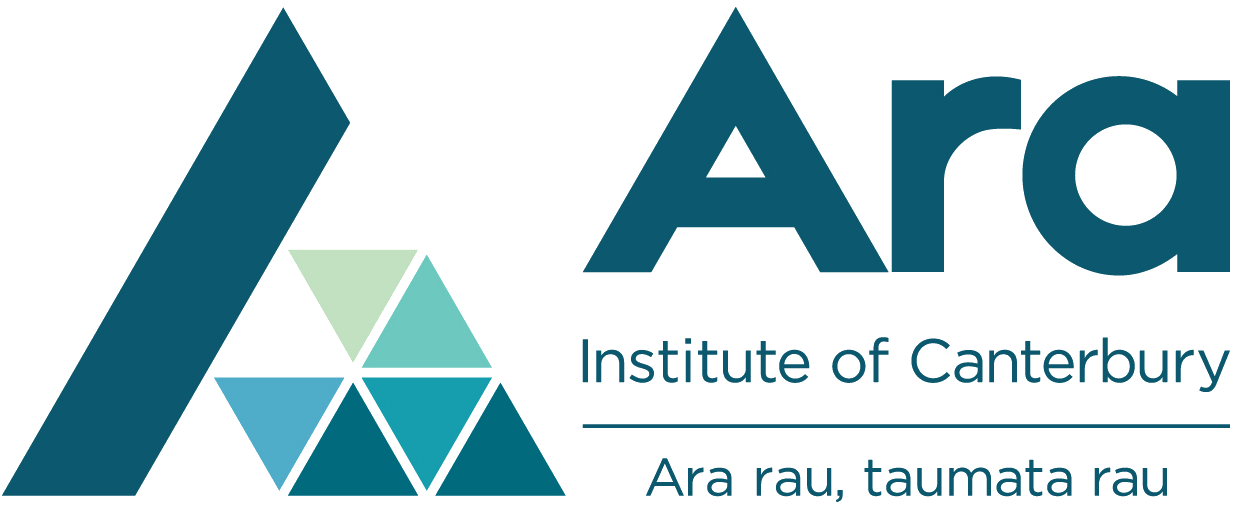
|
Bachelor of ICT work integrated learning project |
Late Feb, Late July, 14 weeks or 300 hours. Summer projects from late Nov – late Feb. |
Final year degree students undertaking full time projects lasting 300 hours to enable students to demonstrate industry work readiness by applying their knowledge of ICT to a real-life problem-solving scenario. |
Dr David Weir |
Summer of Tech
|
Summer of Tech |
November to March |
We believe the best way to equip the next generation of makers, thinkers, and designers is by helping them develop their skills through paid work experience in NZ’s ICT industry. Since 2006, we have facilitated 1,500 internships with over 350 employers and every year we also run over 100 industry-led, free events all over the country to improve the work readiness of students. |
Ruth McDavitt, CEO |
Whitecliffe
|
IT Project for the Bachelor of Applied Information Technology |
launching on the 11th of May 2020. The project is for 400 Hours over 18 weeks |
The project enables students to evaluate, design, produce a solution to an industry-based IT project within their specialist field, utilising advanced information technology principles and techniques. To manage a project and associated risks from inception to implementation, appraising, justifying and mitigating decision making. |
Paige Dawber-Ashley |
Yoobee Colleges
|
Yoobee Colleges Tech Internships |
One week internships: Two week mid-year internship: Summer internship: |
Yoobee Colleges Christchurch campus offers tech internships throughout the year to students who have displayed a high degree of competence in their studies. The aim of the internship programme is to provide stimulating industry experience in a supportive environment to our most outstanding students. |
Natalia Machdoem – Internship Facilitator |
University of Canterbury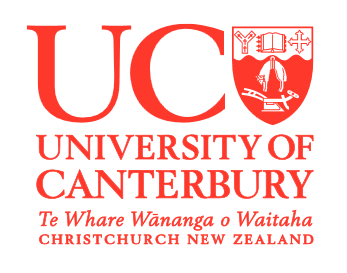
|
BE (Hons) Engineering Work Experience |
Engineering Work Experience consists of over 800 hours of industry engagement spread over the 1st, 2nd and 3rd Professional years. These engagement typically run from November to February. |
All our Engineering students gain experience in the professional world through work experience placements which are a degree requirement. Students learn how to apply the technical skills they have studied in class to practical, real-world situations over 800 hours of work in various organisations. Their time in the field helps them to develop skills such as communication, teamwork and leadership. |
Mary Goulter |
University of Canterbury
|
BE (Hons) Final Year Projects |
Final Year Projects typically run from either February to October or July to November depending upon the discipline. |
Sponsoring projects, and internships are a great way to participate in education, complete projects you wouldn’t normally have time for, and get in-depth research or consultancy for your organisation. Students are available at many levels of study, in teams or as individuals. Students’ areas of study include all disciplines of Engineering, Forestry, Maths and Product Design. Projects and internships culminate in the production of a prototype, report |
Mary Goulter |
University of Canterbury
|
School of Product Design Final Year Projects |
Final Year Projects typically run from July to November. |
See above |
Mary Goulter |
University of Canterbury
|
Master of Engineering in Management |
Projects typically run from September to February. |
From mid-September to early February, students will work on a full-time basis on a project in industry. This is generally undertaken as some combination of on or off campus, depending on the requirements of the industry sponsor, but can be performed anywhere in the world. Students are expected to write a final report on their work for the sponsor, and to present an oral summary of their project at our MEM Project Showcase event. |
Mary Goulter |
University of Canterbury
|
Master of Applied Data Sciences |
Projects typically run from November to January. |
As part of this degree, students are required to work with a company (partner) to solve real world data science problems, exercising core competencies in data science while delivering a useful business outcome for the company (partner). Students are expected to write a final report on their work for the sponsor, and to present an oral summary of their project. |
Mary Goulter |
University of Canterbury
|
Master of Engineering (by Research Thesis) |
Master research projects entry times are typically at the beginning of Semester 1 (February) or Semester 2 (July). |
Masters research projects involve a 120 point thesis and are based on novel and unique research in an area of specialisation. Funding can be by direct industry sponsorship or a combination of direct industry sponsorship and Callaghan Innovation R&D Fellowship funding. |
Mary Goulter |
University of Canterbury
|
Doctor of Philosophy (PhD) in Engineering (by Research Thesis) |
PhD research projects can start anytime. |
PhD research projects involve a 360 point thesis and are based on novel and unique research in an area of specialisation. Funding can be by direct industry sponsorship or a combination of direct industry sponsorship and Callaghan Innovation R&D Fellowship funding |
Mary Goulter |
University of Canterbury
|
PACE Internships Programme (Professional and Community Engagement) |
70 or 140 hours during the following periods: Semester One (Feb – June); Semester Two (July- October); Summer School (Nov to Dec or Nov to Feb). |
Students, from across UC, apply their knowledge and skills acquired through their degree (undergraduate and postgraduate) to complete a project with you. Study backgrounds include (but not limited to): · Computer Science · Media and Communications · Sociology · Geography · Education · Human Services · Marketing Languages (including French, Russian and Spanish) · Finance · Biology · Psychology |
Freddie Jefferd Internships Coordinator College of Arts |
University of Canterbury
|
Bachelor of Commerce internship or group projects |
Projects start in February or July. |
Students’ areas of study include Accounting, Economics, Entrepreneurship, Finance, Human Resources, Information Systems, Management and Marketing. Projects and internships culminate in the production of a report or case study that is made available to your organisation. |
Tim Winfield |
University of Canterbury
|
Master of Business Administration |
Projects can start anytime. |
Projects include:
Projects and internships culminate in the production of a report or case study that is made available to your organisation. |
Tim Winfield |
University of Canterbury
|
Master of Business Management |
Projects typically start in August |
Projects include:
Projects and internships culminate in the production of a report or case study that is made available to your organisation. |
Tim Winfield |
University of Canterbury
|
Master of Financial Management |
Projects typically start in August. |
Students’ areas of study include Accounting, Economics and Finance. Projects and internships culminate in the production of a report or case study that is made available to your organisation. |
Tim Winfield |
University of Canterbury
|
Master of Business Information Systems |
Projects typically start in August. |
Projects include:
Projects and internships culminate in the production of a report or case study that is made available to your organisation. |
Tim Winfield |
University of Canterbury
|
Master of Professional Accounting |
Projects start in August. |
Projects include:
Projects and internships culminate in the production of a report or case study that is made available to your organisation. |
Tim Winfield |
University of Canterbury
|
Master of Commerce |
Projects typically start in February. |
Masters research projects involve a 120 point thesis and are based on novel and unique research in an area of specialisation. Funding can be by direct industry sponsorship or a combination of direct industry sponsorship and Callaghan Innovation R&D Fellowship funding. |
Tim Winfield |
University of Canterbury
|
Doctor of Philosophy (PhD) in Commerce |
Projects can start anytime. |
PhD research projects involve a 360 point thesis and are based on novel and unique research in an area of specialisation. Funding can be by direct industry sponsorship or a combination of direct industry sponsorship and Callaghan Innovation R&D Fellowship funding. |
Tim Winfield |



